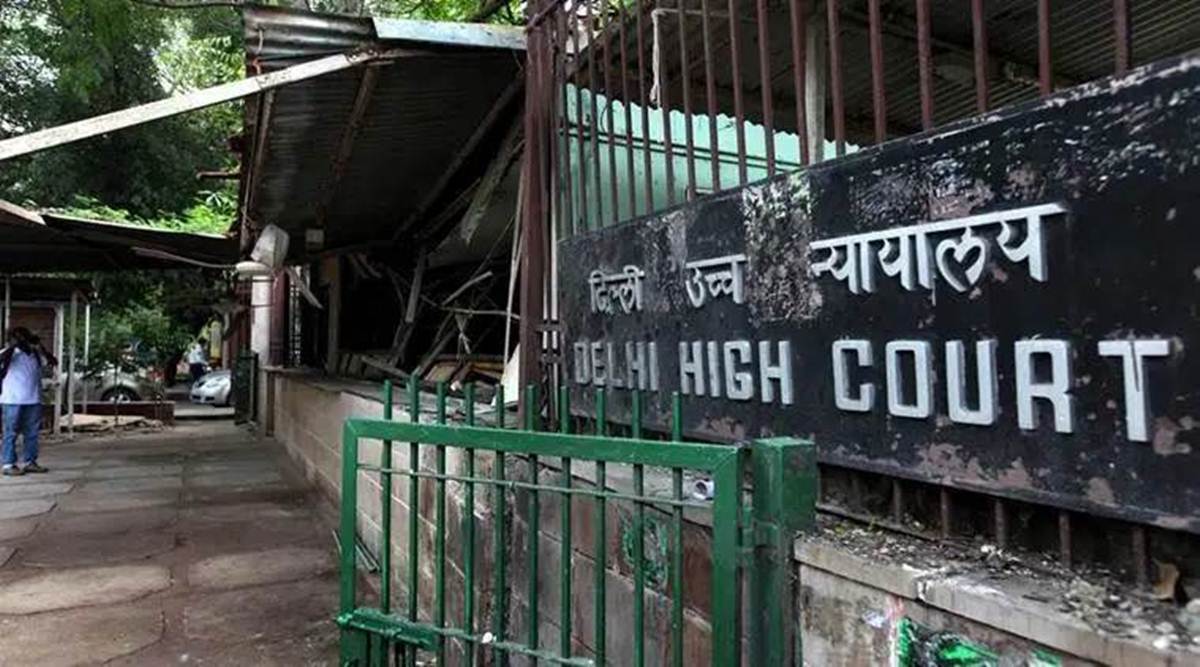 The State proclaims; to have the cake and eat it too; The Court comes calling; before the cake is eaten, bake it too.” (File photo)
The State proclaims; to have the cake and eat it too; The Court comes calling; before the cake is eaten, bake it too.” (File photo) In November last year, a Delhi judge composed a poem to explain why he was granting bail to a man accused in the northeast Delhi riots. Four months later, the judge has now discharged two men in the case by relying on a quote from the Russian classic, Crime and Punishment.
“(Fyodor) Dostoevsky, in Crime and Punishment, says, ‘From a hundred rabbits you can’t make a horse, a hundred suspicion don’t make a proof’. Thus, both the accused persons are discharged of the offences under Section 307 IPC & Arms Act,” Additional Sessions Judge (ASJ) Amitabh Rawat wrote in his order.
On November 7, the judge had relied on his self-composed poem while explaining why he was granting bail to one of the accused, Babu, who was arrested for a gunshot wound inflicted on one Rahul during the riots.
The judge at the time wrote, “Take your freedom from the cage you are in; Till the trial is over, the state is reined in. The State proclaims; to have the cake and eat it too; The Court comes calling; before the cake is eaten, bake it too.”
On Monday, as Babu and co-accused Imran alias Teli approached the court for a discharge from the case, ASJ Rawat said, “Babu has come again to the court, this time accompanied with Imran alias Teli to plead for discharge”.
He further said, “The gunshot injury is stated to be caused to Rahul but where is he? His statement is not on record… So by the time, police arrived at the hospital, the alleged victim Rahul had vanished. It is not as if Rahul gave any initial statement and then vanished. The State is categorical in saying that the police never saw Rahul… That being the case, who is going to say that who shot whom and by whom and where. The alleged victim has never been seen by the police. He has never given any statement about any gunshot injury or about any mob/rioters. So how is Section 307 IPC made out against the accused…”